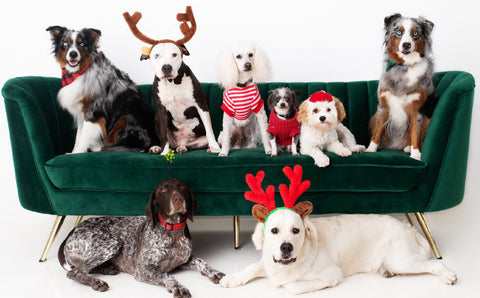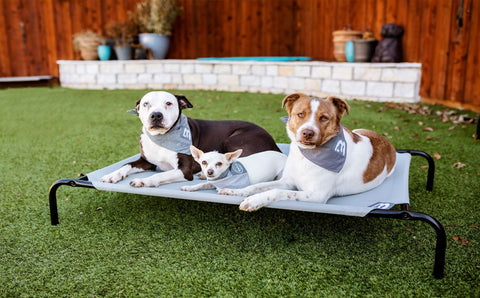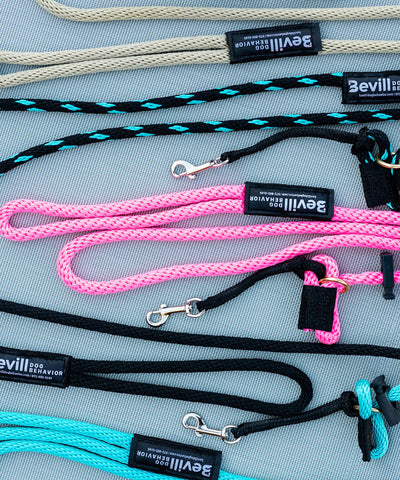The bond between humans and dogs is undoubtedly one of the most enduring and remarkable relationships in the history of the animal kingdom. This partnership, which dates back tens of thousands of years, has evolved in ways that have deeply influenced both species.
The Early Days: Mutual Benefits
The origins of this alliance can be traced back to a time when humans were still hunter-gatherers. The exact timeline is a subject of debate among researchers, but it's widely believed that the domestication of dogs began at least 15,000 to 40,000 years ago. During this period, humans and dogs were both nomadic and relied on hunting for sustenance.
Dogs, with their sharp senses and keen hunting instincts, were invaluable allies for early humans. They helped track and capture game, acted as guard animals, and provided companionship. In return, humans offered dogs protection, a stable source of food, and a sense of belonging within their social groups. This mutually beneficial arrangement laid the foundation for a relationship that would continue to evolve over millennia.
From Wolves to Breeds: Domestication Unleashed
The transformation from wild wolves to the diverse range of dog breeds we see today was a gradual process. Over generations, early humans selectively bred dogs with desirable traits, such as size, temperament, and hunting abilities. This process of artificial selection led to the development of various dog breeds tailored for specific purposes, from herding and guarding to companionship.
Changing Roles: Companions and Workers
As humans transitioned from nomadic lifestyles to settled agricultural communities, the roles of dogs evolved. While they continued to be valued as working animals on farms and in various trades, they also became cherished companions within households. Dogs played a vital role in guarding property, herding livestock, and even helping with daily chores.
Modern Times: Dogs as Family Members
Fast forward to the present day, and dogs have become an integral part of our families. They are no longer just working animals; they are beloved pets. Their roles have expanded to include therapy dogs, search and rescue teams, and even service animals for those with disabilities. The bond between humans and dogs has grown stronger, with dogs providing not only practical assistance but also emotional support and unwavering loyalty.
A Unique Connection
What sets the human-dog relationship apart is its depth and complexity. Dogs have an innate ability to read human emotions, and humans, in turn, have developed a better understanding of dog behavior. This synergy has allowed for the development of various training techniques, including the controversial field of dog rehabilitation, which aims to address behavioral issues in dogs.
A Timeless Partnership
The evolution of the human-dog relationship has been a remarkable journey. From their origins as wild wolves to their roles as cherished family members, dogs have adapted alongside humans, enhancing our lives in countless ways. This unique bond is a testament to the power of mutual cooperation and the enduring connection between two species.
As we continue to learn more about dog behavior and psychology, our relationship with these incredible animals is likely to evolve even further, deepening the bond that has endured for tens of thousands of years.








